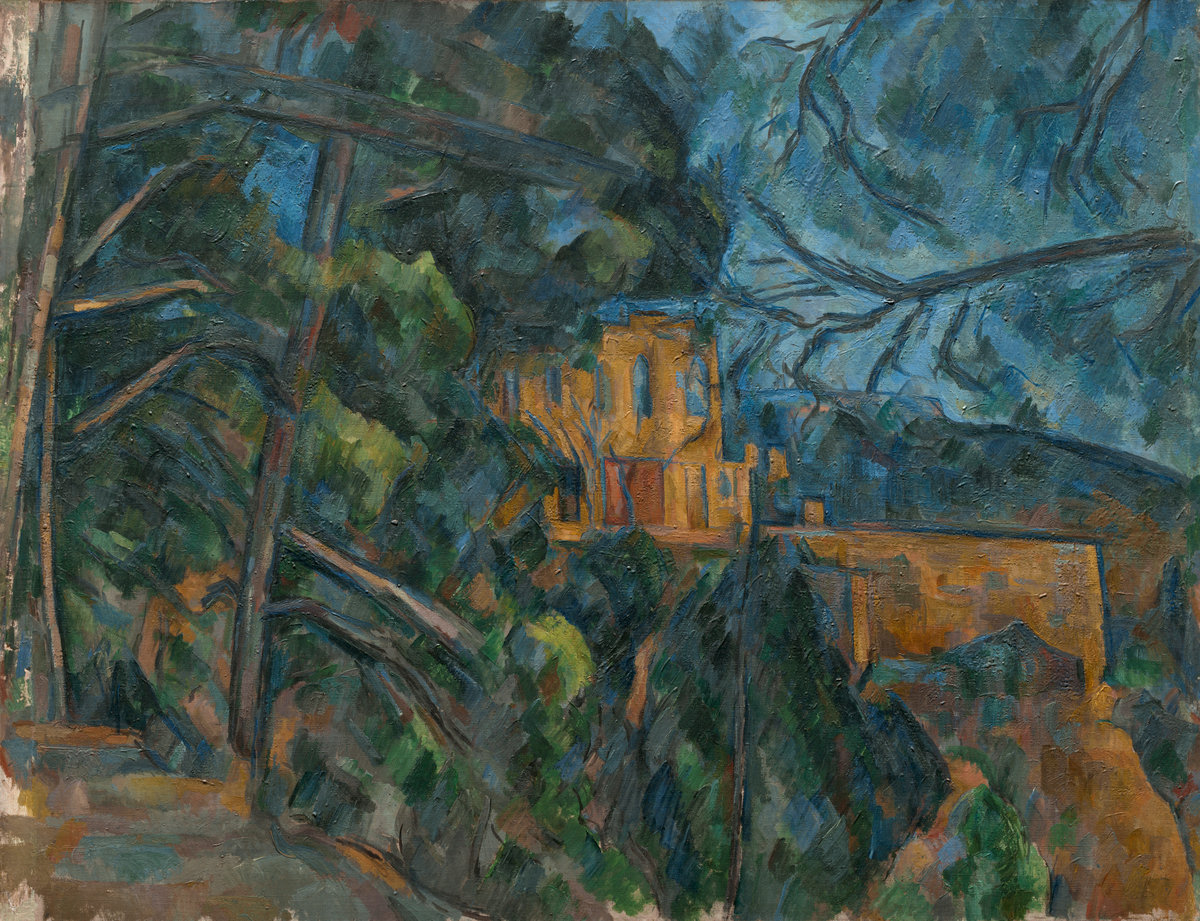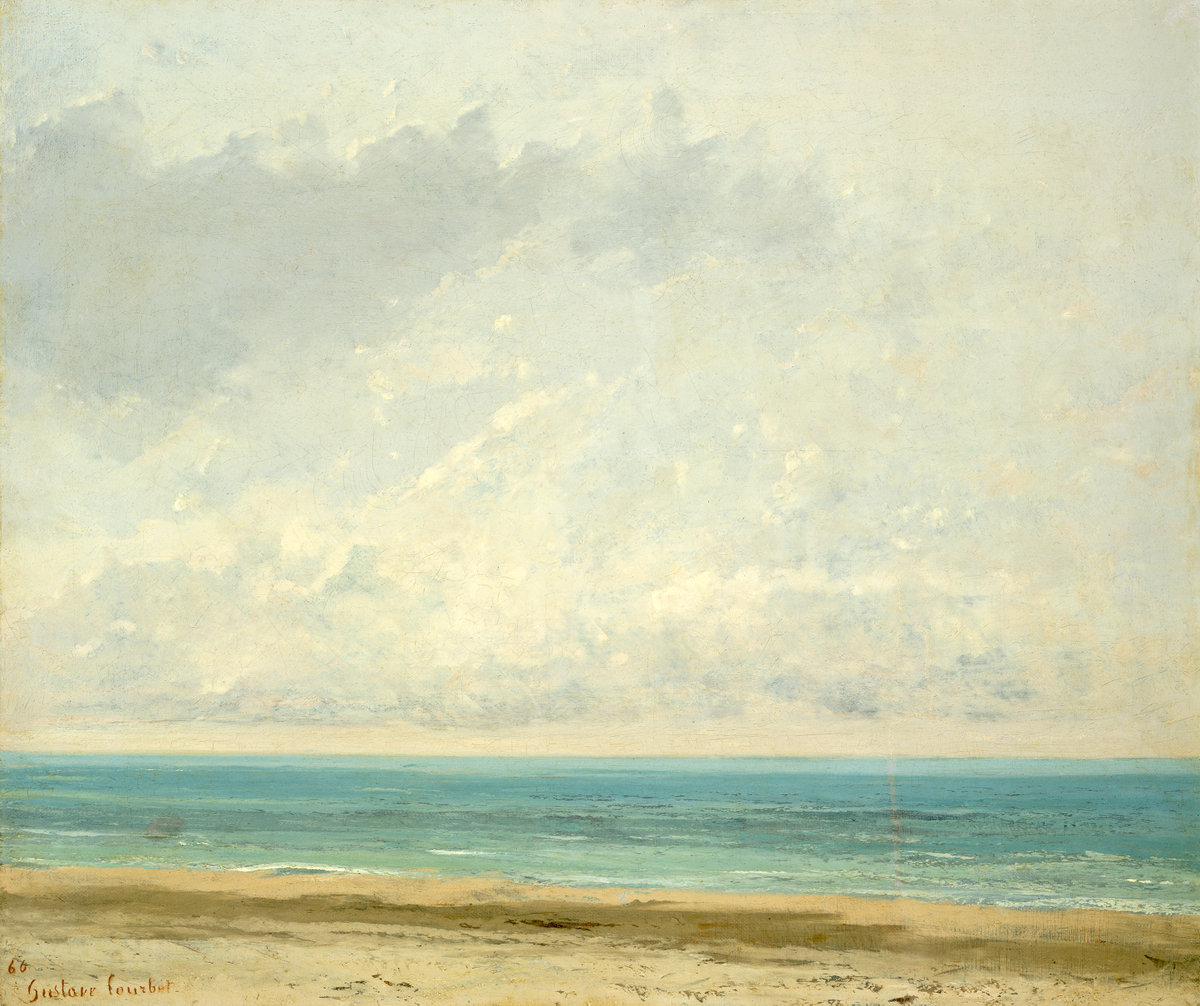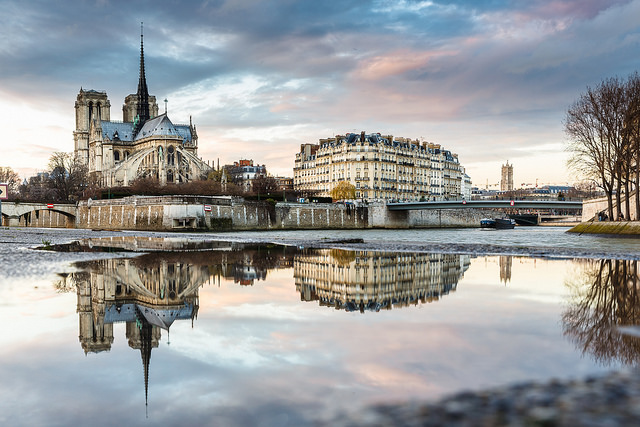By Patrick Pierson.
The Pentagon is sending another 3500 troops to the US-Mexico border. Is Guatemala experiencing a “slow motion coup”? In Honduras, protests against President Juan Orlando Hernandez continue. El Salvador is headed to the polls today—37-year-old Nayib Bukele finds himself as the favorite after running on the campaign slogan, “There’s enough money when no one steals.” Canadian officials have decided to cut the number of diplomatic staff in Cuba by half after a fourteenth embassy employee began suffering mysterious health symptoms. Colombia is working overtime to integrate migrants from Venezuela. In Chile, six people have been sentenced for the 1982 death of former president Eduardo Frei Motalva, who was gradually poisoned to death under the orders of Pinochet. What is going on at China’s military-run space station in Patagonia?
2018 saw a dramatic increase in reports of sex crimes in France. As Yellow Vest protests continue, French courts have upheld police use of golf-ball-sized rubber bullets. Liberal mayors are pushing back against the Italian government’s hard line on illegal immigration. Opposition parties in Hungary have come together to urge the supreme court to investigate PM Viktor Orban’s efforts to overhaul the justice system. A new law in Russia would make some forms of corruption exempt from punishment…if the corruption is deemed unavoidable. The US has announced plans to withdraw from a nuclear arms control treaty with Russia. Armenia is buying new fighter jets from Russia. Despite his low approval ratings, Ukrainian President Petro Poroshenko has announced plans to run for a second term.
Turkey is under renewed pressure to stop purchasing gold from Venezuela. A US court has ordered Syria to pay $300 million in punitive damages for the 2012 killing of journalist Marie Colvin. More than 800 foreign ISIS fighters are currently detained in Syria. Nine months after elections, Lebanon has formed a government. An anti-corruption campaign in Saudi Arabia recovered more than $106 billion in assets. In Yemen, the ceasefire between Houthis and the Saudi-led coalition is hanging on by a thread. The next meeting between representatives from the factions will occur on a ship off the port city of Hodeida as the parties cannot agree on a mutually acceptable venue. A new report details efforts by the UAE to hack into the iPhones of foreign leaders, diplomats, and leading activists. Bahrain’s highest court has upheld the life sentences of three leading opposition leaders.
With elections looming, Indian PM Narendra Modi passed a number of measures to boost incomes of farmers and the middle class. Modi’s re-election bid hit some turbulence this week when it emerged that the country’s unemployment rate is at a 45-year high. Sri Lankan President Maithripala Sirisena has vowed to revive capital punishment and execute condemned drug traffickers. In Myanmar, a pair of journalists appealed their seven year prison terms in a case that has drawn international attention. Attacks on a mosque and Roman Catholic cathedral in the Philippines threaten the recent referendum to grant self-rule to the Muslim island of Mindanao. Authorities in Cambodia detained a member of the opposition for a Facebook post critical of PM Hun Sen. In Indonesia, an environmental activist narrowly survived an arson attack after speaking out against a number of development projects. A pair of teenagers were publicly caned in the Indonesian state of Aceh for displaying affection in public. Observers are concerned about China’s increasing use of artificial intelligence for social control. This story documents Chinese efforts to spy on Uighur Muslims by forcibly threatening individuals to spy on neighbors and family members. A private security firm founded by ex-Blackwater chief Erik Prince announced a preliminary deal to build a training center in Xinjiang, the province where most Uighur Muslims live.
Protests continue against the government of Sudanese president Omar al-Bashir, while the army claims that it will “not allow the state to fall.” In Algeria, the opposition plans to boycott April elections as President Bouteflika seeks a fifth term in office. The secular opposition in Tunisia has formed a new party in the lead up to this year’s general elections. The US imposed visa restrictions on Ghana after the government refused to accept Ghanaians deported from the US. Violence marred by-elections in Ghana. Former Ivory Coast President Laurent Gbagbo has been released by the International Criminal Court. A Boko Haram attack killed more than 60 people in the northeastern border town of Rann this week. The unrest is making elections preparations particularly difficult. In Uganda, opposition lawmaker Bobi Wine says he is considering challenging President Museveni in the next presidential elections. Ugandan is battling a serious cholera outbreak. Tanzania’s parliament has passed legislation that—according to opposition lawmakers—will effectively cement one-party rule. Malawian VP Saulos Chilima and former president Joyce Banda have formed an alliance to challenge the ruling party in this year’s elections. Malawi continues to be marked by an uptick in political violence in the run up to May elections. In Zimbabwe, police documents suggest the army is responsible for serious abuses amidst the country’s ongoing crackdown on protesters. Meanwhile, President Mnangagwa is accusing Western countries of supporting violent protests. The government of eSwatini is accused of looting $150 million from the country’s pension fund for public servants.







